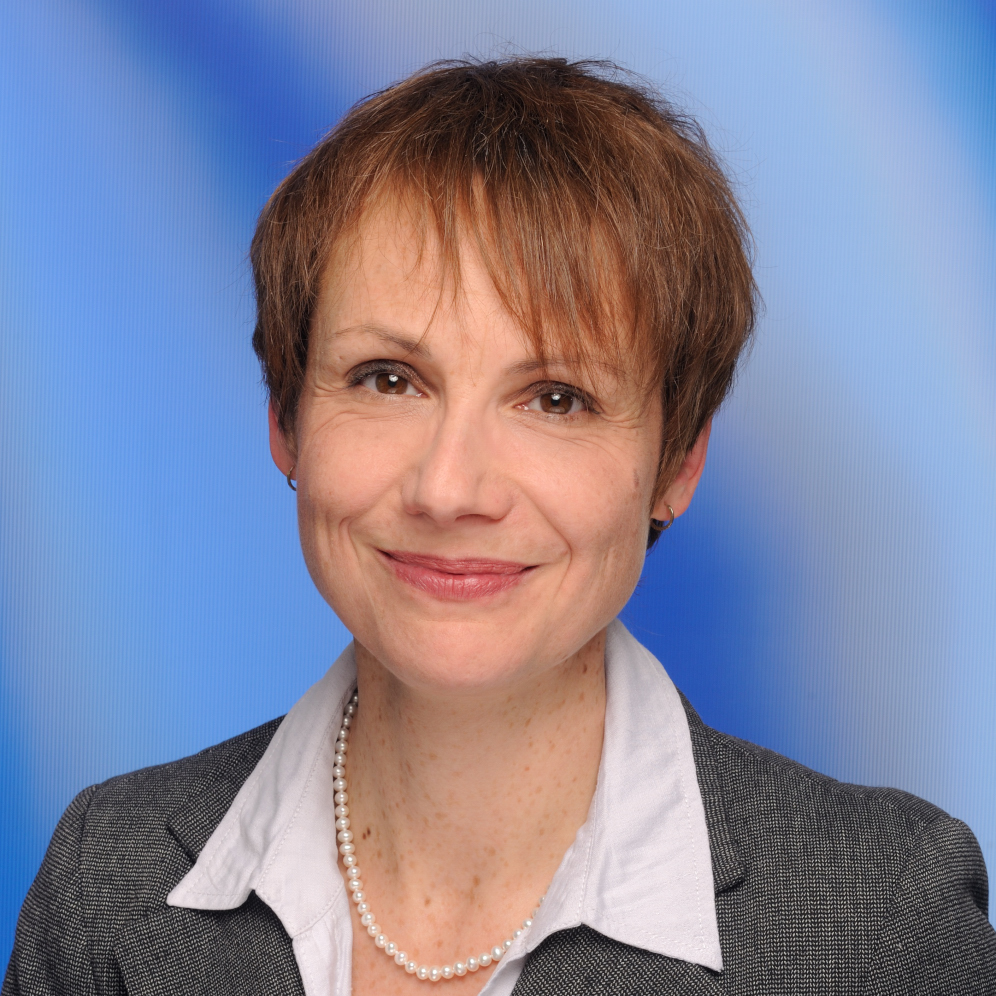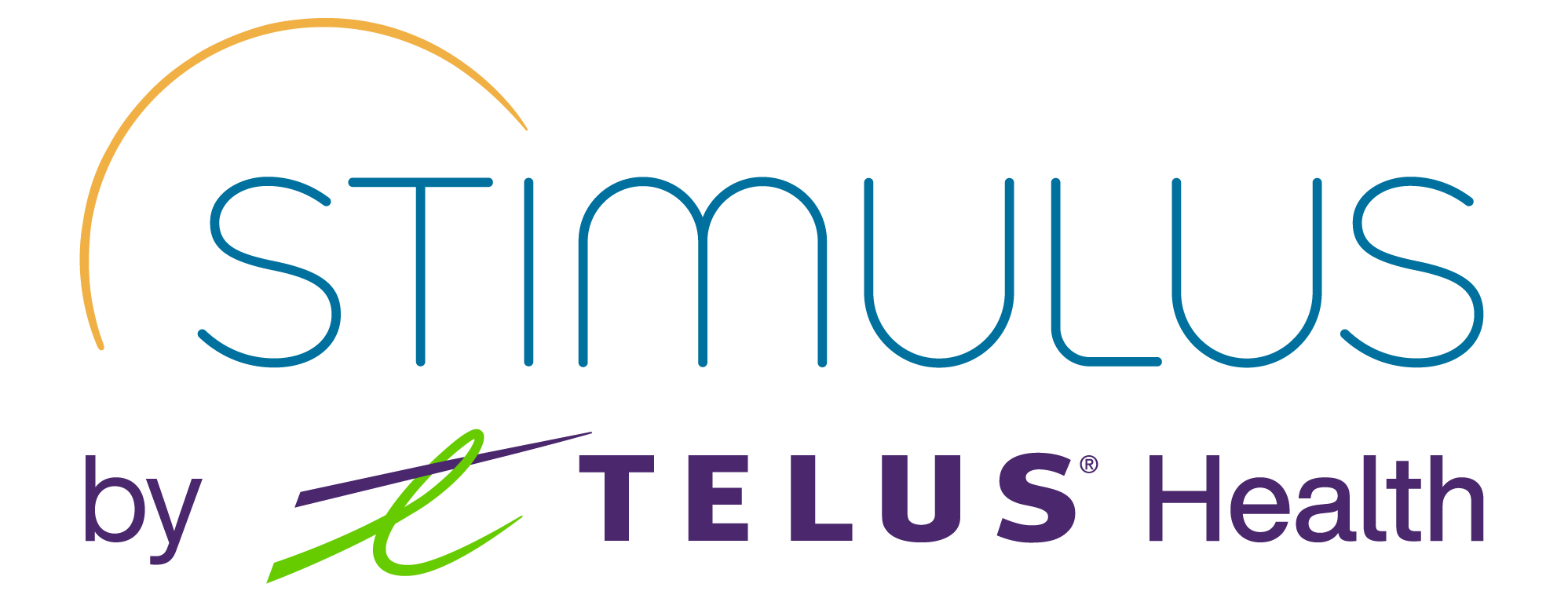Psychological and social health of employees in 2022 – Press release
Discover the 2022 review of our employee assistance programme Stimulus Care Services in France.
- Stimulus, the reference firm in the field of psychological health at work and the prevention of psychosocial risks, unveils the 2022 assessment of its employee assistance programme, Stimulus Care Services.
- The number of counselling sessions organised via the psychological support service showed a return to normal in 2022 (22,210 sessions carried out over the year), after two years marked by a sharp increase in the number of contacts (up to 41,000 in 2021) due to the psychological and social impacts of the unprecedented health crisis.
- The Stimulus Care Services social support system experienced a sharp increase in requests for assistance, with almost 9,000 interventions (+25% compared to 2021), mainly for situations related to housing, administrative management and budgetary difficulties.
A return to normal for requests for psychological support
In 2022, Stimulus Care Services' remote psychological support service, which offers direct contact with a psychologist 24/7 (by telephone, chat, email or video), assisted more than 8,900 beneficiaries during 22,210 consultations.
These figures indicate a return to normal after two years marked by the psychological impact of the health crisis on employees, as evidenced by an exponential increase in the number of interviews: 37,000 in 2020 and 41,000 in 2021 (compared to 22,500 in 2019).

"After an exceptional 82% increase in the number of consultations on our hotline between 2019 and 2021, we are seeing a return to normal in 2022. This can be explained by two factors: the end of the pandemic's peak, of course, but also the fact that companies are now more aware of and prepared for the proper management, particularly in terms of prevention, of their employees' psychological health," adds Emmanuel Charlot, Managing Director of Stimulus France.
A change in the way psychological health at work is dealt with post-Covid
Another striking finding in 2022 is that the methods of contact and follow-up have changed significantly. Not only are employees now less reluctant to seek help from a psychologist, and understand the importance of taking care of their mental health as soon as the need arises, but they are also much more open about the subject. They use all the contact channels available to them, especially video appointments, which are less anonymous: in 2022, the number of interviews organised by video has jumped by 21% compared to 2021. And they are also in demand for longer-term follow-up.
"Since the health crisis, employees have become more concerned about their psychological health and recognise the importance of the help provided by a psychologist. It is no longer a taboo subject. We can see this in the number of consultations per employee: one-off sessions in a 'one-shot' format are much less frequent, and employees now prefer to be monitored over time," says Victoria Tchakmazian, Head of the Psychological Support Unit at Stimulus.

Critical social situations in an inflationary context
Stimulus Care Services also offers employees of client companies social support to help them deal with family, disability, housing, health or work-related difficulties. The social support division saw a considerable increase in its activities in 2022:
- The number of supported employees increased by almost 20%;
- The number of incoming calls increased by 27%;
- The number of interventions increased by 25%.
The teams intervened primarily on housing (33%), administrative (27%) and budget (20%) issues, with the aim of finding administrative solutions and helping employees to manage their finances.
"From May 2022 onwards, the demand for socio-economic support exploded, particularly on the budgetary side. This is due to several factors: firstly, the subsidiary aid systems put in place during the health crisis came to an end. The war in Ukraine and the soaring price of energy and then of a number of basic food items have worsened the already critical situation. The time spent per beneficiary proves that situations have become much more complex to resolve: the number of calls - and therefore the associated time spent - by our social workers on a case has also soared (+80% of calls made in total)," comments Laurence Richard-Khounchef, Head of Social and Quality of Life at Work at Stimulus.

"From May 2022 onwards, the demand for socio-economic support exploded, particularly on the budgetary side. This is due to several factors: firstly, the subsidiary aid systems put in place during the health crisis came to an end. The war in Ukraine and the soaring price of energy and then of a number of basic food items have worsened the already critical situation. The time spent per beneficiary proves that situations have become much more complex to resolve: the number of calls - and therefore the associated time spent - by our social workers on a case has also soared (+80% of calls made in total)," comments Laurence Richard-Khounchef, Head of Social and Quality of Life at Work at Stimulus.

